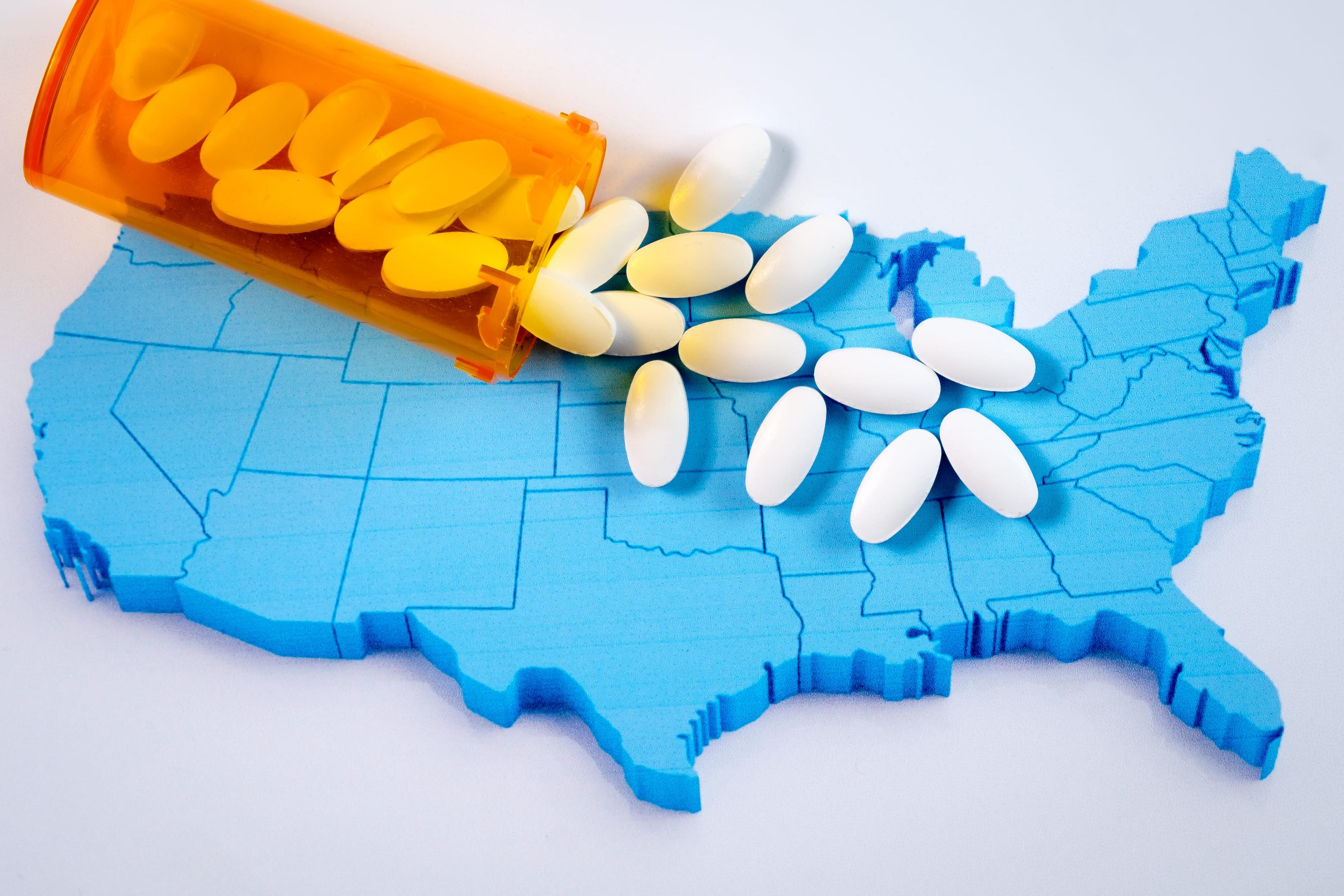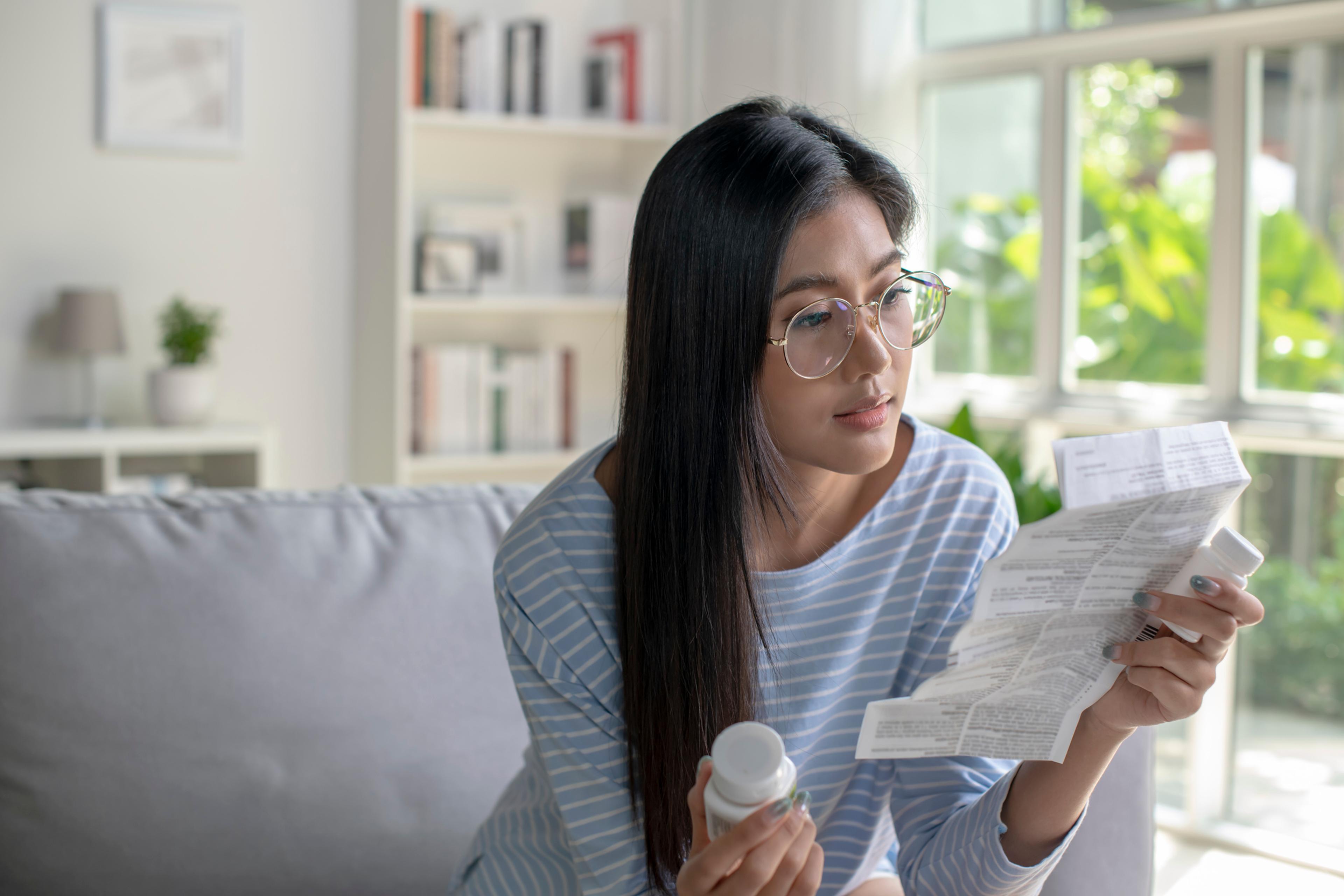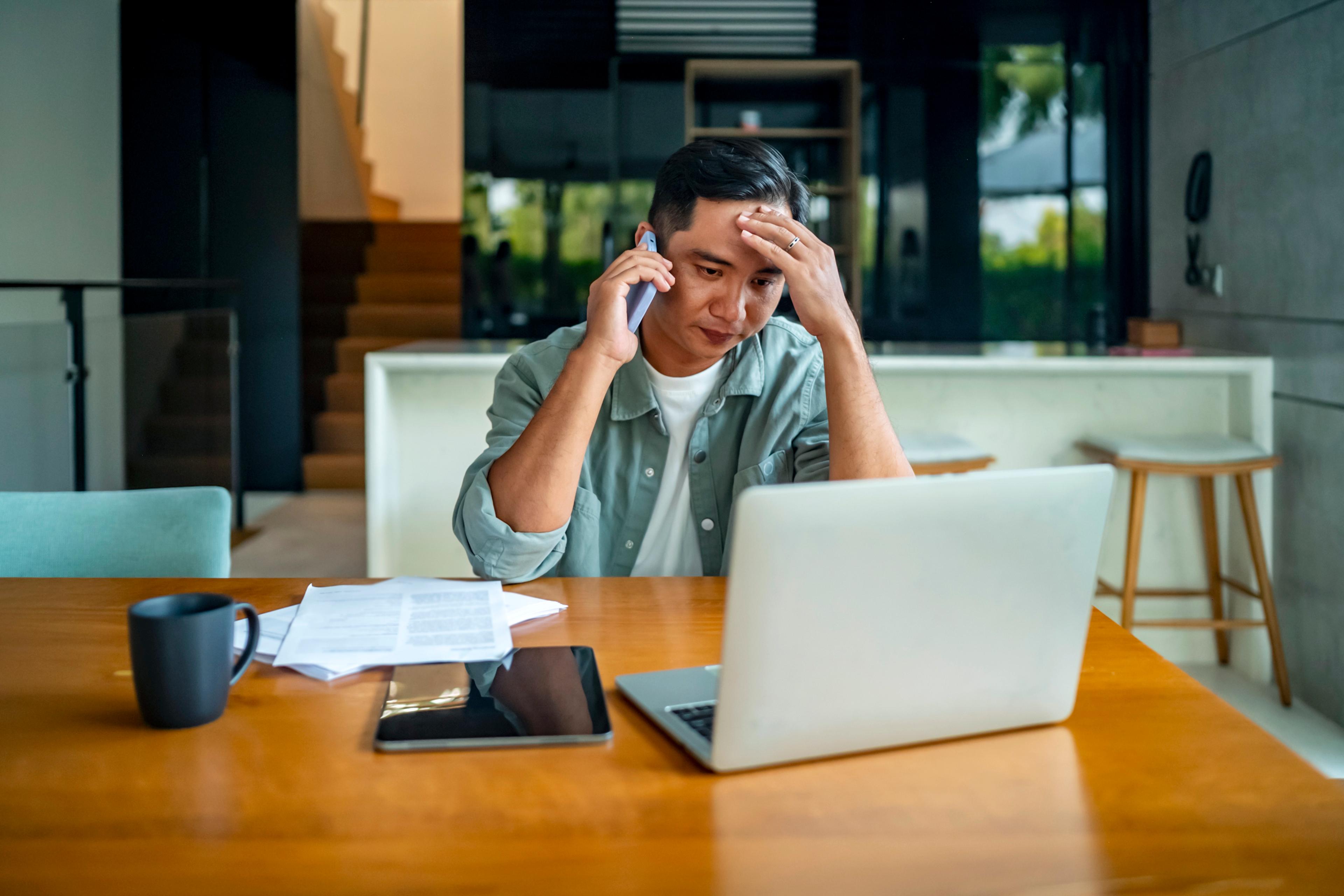
An estimated 82% of American adults take at least one prescribed medication. That means that almost everyone has been asked by their pharmacist, “Do you have any questions about your prescription?” And if you’re like most people, you probably say a quick “I’m all set,” and move on without the thought of the larger implications that may come from your prescription and dosage.
Rushing through the exchange with your pharmacist isn’t a good idea, though. Research shows that 125,000 Americans die every year due to medication nonadherence, meaning they don't take their medication as prescribed. Even though your prescription comes with detailed printed directions, warnings and side effects, many people do not read them carefully or correctly. Your pharmacist can clarify confusion and help you understand exactly how you should be taking medication. With that in mind, here are the five important questions you should ask the next time you’re at the pharmacy picking up a prescription:
- Does this medication interact with others (share your specific concerns)? This isn’t just about whether your prescriptions will interact with each other. Dietary supplements, herbal supplements and over-the-counter medicines can also interact or interfere with prescription medications. Be sure to ask if these medications will cause any side effects when combined with whatever else you’re taking.
- What should I do if I miss a dose? Forgetting to take a medication is common. Find out in advance what you should do if that happens. Some drugs must be taken at certain times of the day and others with a certain number of hours between doses. This single question minimizes the impact that your missed dose will have on your treatment and any potential side effects.
- What is the best way to store my medication? According to the Centers for Disease Control and Prevention (CDC), approximately 35,000 young children end up in emergency rooms each year because they got into medicines while an adult wasn't looking. It’s best to find a place in your home that is too high for your child to reach. Be sure to put prescriptions and vitamins away after each use. Most medications should be stored in a cool, dry place, away from direct sunlight and humidity (not in your humid bathroom or in a kitchen cabinet above the stove or sink). The best place is in a cool cabinet in your kitchen or in a nightstand drawer in your bedroom.
- Is there a generic version available? This is an important question to ask when you’re dropping off a new prescription because purchasing generic versions is estimated to save you at least two-thirds of your drug costs. Most insurance companies require pharmacists to fill their prescriptions with generic versions if possible, but not every prescription has an alternative. In addition, if your doctor has written, “DAW” on your note, it is code for “dispense as written,” which means your pharmacist must give you the exact prescription the doctor wrote down. If that’s the case but there is a generic option, feel free to call your doctor and make sure there’s a reason for the “DAW” note.
- What is the best way to dispose medication? Check with your pharmacy about whether or not they run a drug take-back program. If they don’t, check your local public health services department to see if there are any nearby collection sites where you can safely dispose of unused, unwanted or expired drugs.
Have more questions about the pharmacy or prescriptions? Visit:
- Blue Cross Pharmacy Team Gains More National Attention
- Four Commonly Asked Pharmacy Questions Answered
- Why It’s So Important To Take Medications Properly
Photo credit: Getty Images






